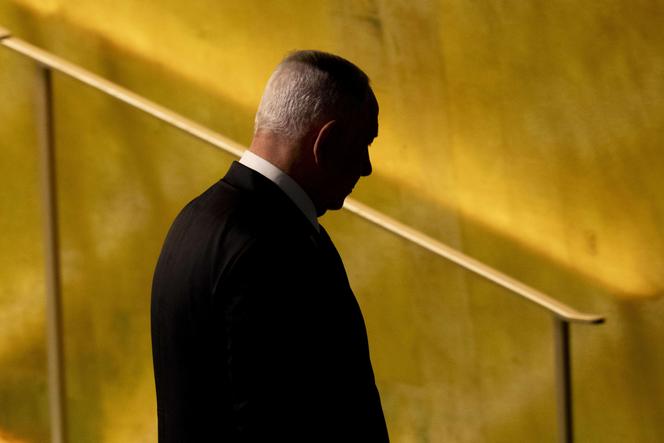Even for a leader who is adept at maintaining a balance of power in international relations, including with his allies, the message sent by Israeli Prime Minister Benjamin Netanyahu to French President Emmanuel Macron on Saturday evening, October 5, was quite out of the ordinary.
Taking the floor to detail the “seven fronts” in which his country, according to him, finds itself involved, from Gaza to Lebanon, via Yemen and the West Bank, the prime minister lost his temper, concluding: “Yet President Macron and other Western leaders are now calling for arms embargoes against Israel. Shame on them. (…) Israel will win with or without their support. But their shame will continue long after this war has been won.”
‘The priority is to return to a political solution’
Earlier in the day on Saturday on France Inter, the French president declared: “I think that today, the priority is to return to a political solution, to stop delivering arms [to Israel] to use to carry out the fighting in Gaza.”
On Sunday afternoon, the two leaders had a telephone exchange “in complete frankness,” according to a statement from the president’s office. Macron reiterated France’s “unwavering” commitment to Israel’s security, but also stressed the need for a ceasefire in Lebanon, since arms deliveries cannot, in his view, “produce the security expected by the Israelis.” For his part, the Israeli prime minister said in a statement that, in the present circumstances, “Israel’s friends are expected to stand behind it, and not impose restrictions on it that will only strengthen the Iranian axis of evil.”
By mentioning a halt to arms deliveries, Emmanuel Macron has brought the question of Israel’s war in the Palestinian enclave – in retaliation for the Hamas attack on October 7, 2023 – back to center stage, where recent events, including Israeli bombardments in Lebanon and Iranian strikes against Israel, have relegated it to the background.
The President’s remarks also reflected his weariness and a feeling of powerlessness in the face of Israel’s military operations in Gaza over the past year. It is also possible that the head of state also wanted to correct the perception (which surfaced after the Iranian strikes on Tuesday, October 1 against Israel) that the country’s alignment is too close to Israel over Tehran. Against this backdrop, Westerners, including France, are still urging Netanyahu to show restraint in his response.
Relations deteriorated in recent months
On Sunday, Israeli Defense Minister Yoav Gallant, speaking from an airbase targeted by Iranian missiles, warned, “Whoever thinks that a mere attempt to harm us will deter us from taking action should take a look at (our achievements) in Gaza and Beirut.”
You have 60.01% of this article left to read. The rest is for subscribers only.
